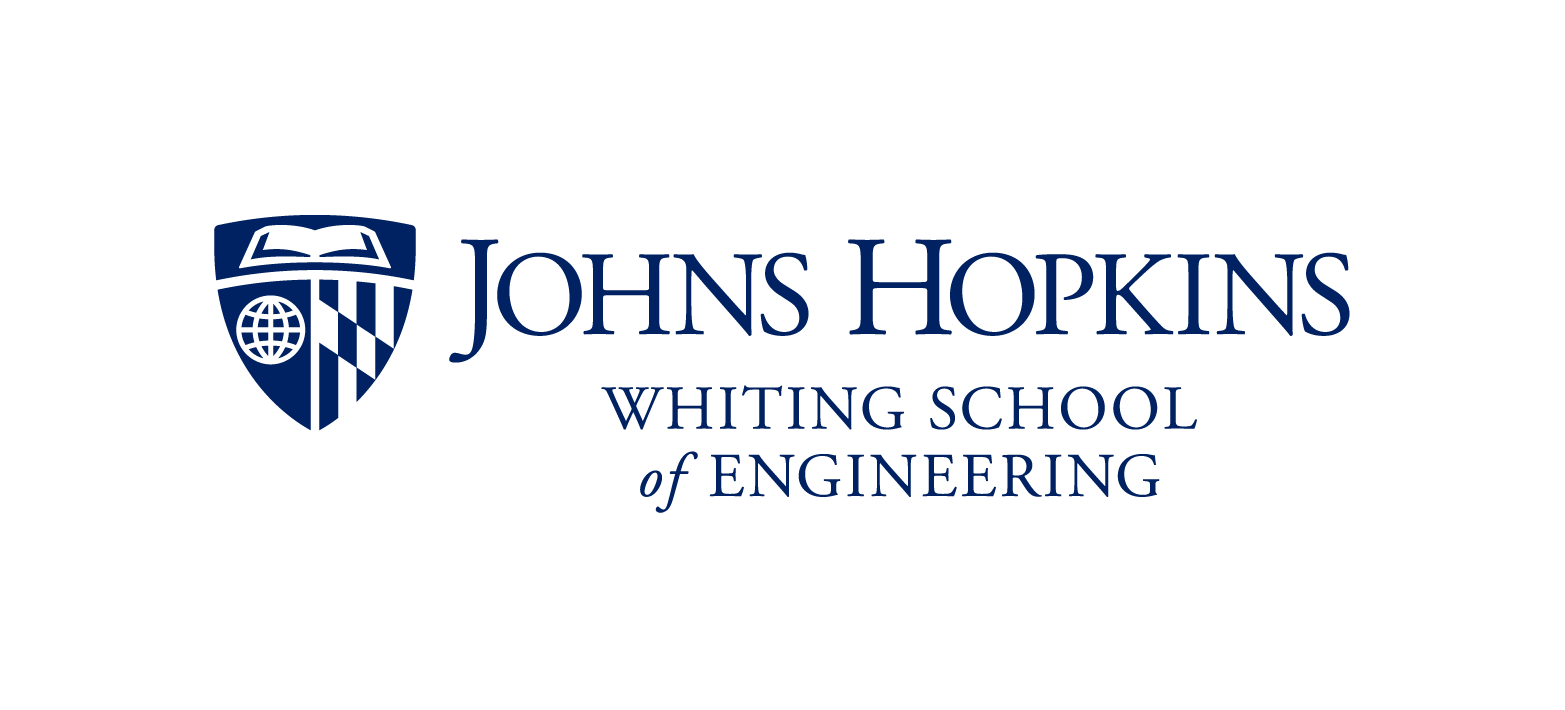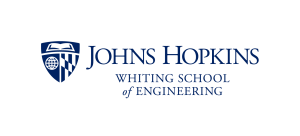Prediction of Neurologic Injury in Pediatric ECMO
Team: Team Beaver
- Program: Biomedical Engineering
- Course: Precision Care Medicine
Project Description:
Pediatric extracorporeal membrane oxygenation (ECMO) is used in emergent cases to provide life support for critically ill patients under the age of 17. However, there is a high mortality rate of pediatric ECMO patients (40%) which has mainly been attributed to the risk of acute neurologic injury. The purpose of this study is to analyze and predict neurologic injury through the development of a supervised machine learning model using data from the Pediatric ECMO Outcomes Registry (PEDECOR) database.
Project Poster
Open full size poster in new tab (PDF)
Project Post Summary:
Pediatric extracorporeal membrane oxygenation (ECMO) is used in emergent cases to provide life support for critically ill patients under the age of 17. However, there is a high mortality rate of pediatric ECMO patients (40%) which has mainly been attributed to the risk of acute neurologic injury due to the delicate balance of clotting and bleeding in ECMO. The purpose of this study is to analyze and predict neurologic injury through the development of a supervised machine learning models using data from the Pediatric ECMO Outcomes Registry (PEDECOR) database. The first model uses only pre-ECMO demographic and patient history features, and then a dynamic model is created by incorporating daily lab measurements and blood products. The static models resulted in low AUC, 0.77. The dynamic model produces daily predictions while the static model only has one overall prediction. Feature importance evaluation was performed on both models and resulting features can be studied further to help guide the administration of blood products and anticoagulation factors during ECMO.
Project Mentors, Sponsors, and Partners
- Melania Bembea
- Dennis Leung
- Casey Overby Taylor
- Joseph L Greenstein



